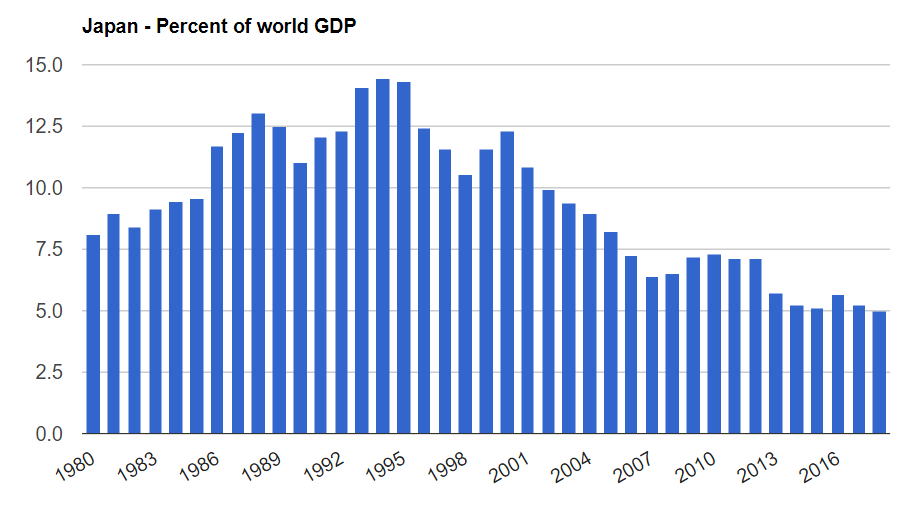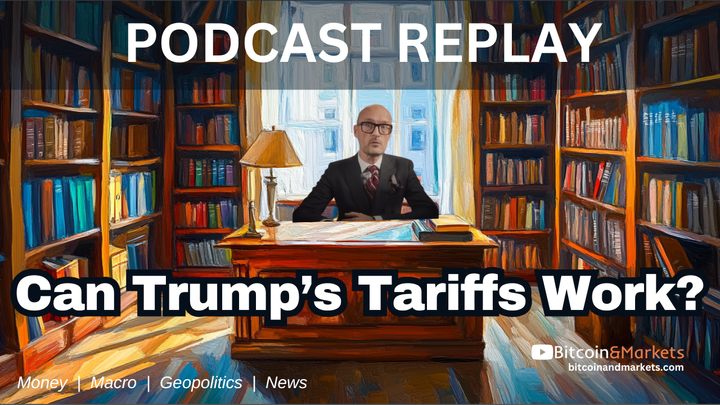Thucydides Trap: China vs US, Real or Debunked? - E225
Is China destined to overtake the US? Will the CCP dominate the world? What macroeconomic future will bitcoin find itself in? This podcast episode is a detailed reading of the Thucydides Trap by Graham Allison, and a refutation by Arthur Waldron, plus my own thoughts.

At first glance, the Chinese miracle has survived the virus recession and returned to growth. There is no lack of articles proclaiming the inevitable dominance of the communists, sitting atop the list of largest economies in the world. An idea that a rising CCP will want to stretch its new found legs and exercise influence over international trade and diplomacy, and that will bring them into direct conflict with the declining power, the US.
This idea was titled the Thucydides Trap by Graham Allison in 2012. Since then it has been a widely used and debated point. While it makes sense that the West is stuck in a debt trap cycle making them destined to stagnation (unless bitcoin), it does not follow in the least that the CCP will continue to rise.
The pattern we have seen in China over the last 20 years, is nearly identical to the pattern we saw in Japan from 1970-1990. In this episode I read the original work by Graham Allison and then a great article debunking this work of ahistorical fiction.
Hopefully it helps you next time you hear someone using the Thucydides Trap idea to support a decline of the West.
Links
Original appearance in FT by Graham Allison
Refutation by Arthur Waldron
Japan stats


China’s growth miracle has run out of steam
Notes on GDP differences by Michael Pettis
Archived link: https://archive.vn/hFQoi
Get The Bitcoin Dictionary!
Bitcoin jargon demystified. Over 180 Bitcoin terms, concepts, and idioms.
The Best Free Bitcoin Newsletter!
Don't miss another issue. Subscribe to the Free tier!
Subscribe to the Pod!
iTunes | Stitcher | Google Pods | YouTube | Soundcloud | RSS
The Show Needs Your Support
We’re a small operation and producing quality content people find valuable.
Check out our big list of ways to help the show
Affiliates
- Chart Like A Pro With TRADINGVIEW
- The Best WordPress Theme I’ve Ever Used! GeneratePress
- Sign Up For Audible And Get 2 FREE Audio Books
Have Feedback? Send it our way.
**DISCLAIMER: This is not investment advice, do your own research.**





